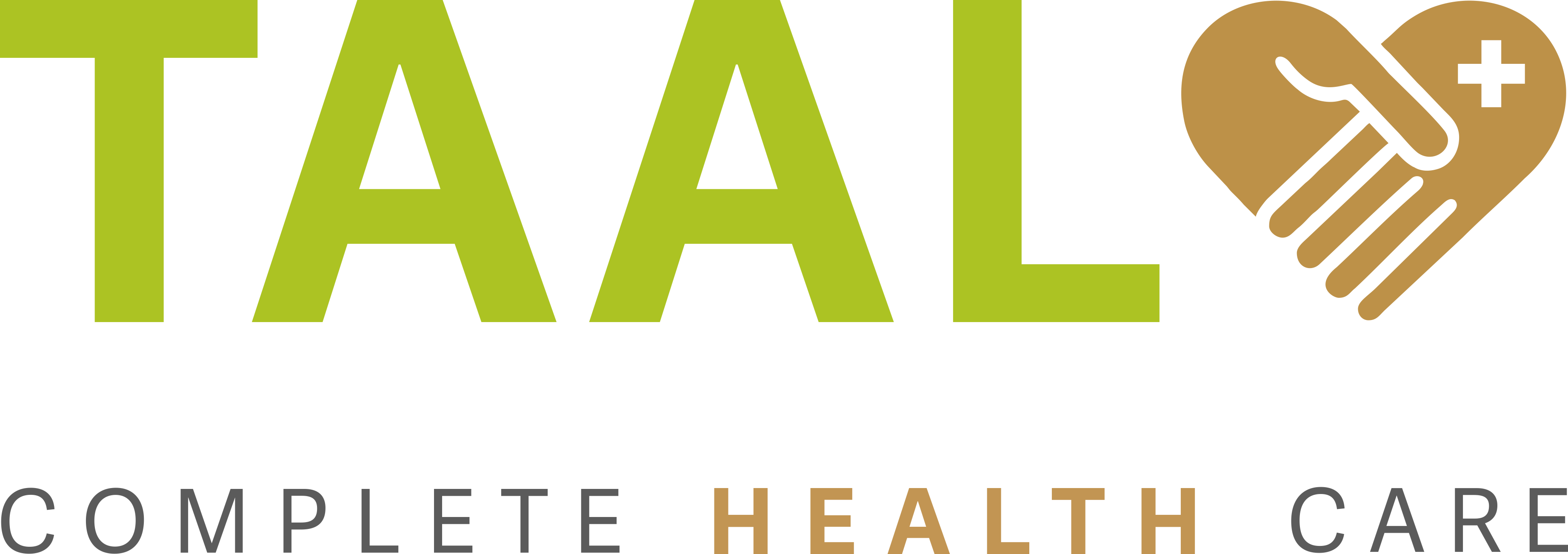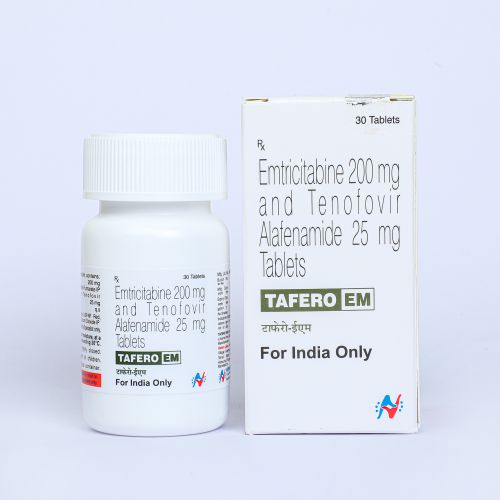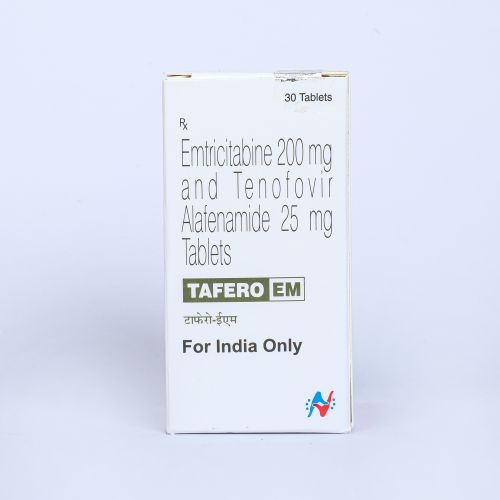Empower Yourself: Knowledge and Support for Living with HIV
Discover the latest in treatment, support, and community resources. Take control of your health and future with confidence

Acquired immunodeficiency syndrome (AIDS), is an ongoing, also called chronic, condition. It’s caused by the human immunodeficiency virus, also called HIV. HIV damages the immune system so that the body is less able to fight infection and disease. If HIV isn’t treated, it can take years before it weakens the immune system enough to become AIDS.
Thanks to treatment, most people in the U.S. don’t get AIDS.
HIV is spread through contact with genitals, such as during sex without a condom. This type of infection is called a sexually transmitted infection, also called an STI. HIV also is spread through contact with blood, such as when people share needles or syringes. It is also possible for a person with untreated HIV to spread the virus to a child during pregnancy, childbirth or breastfeeding.
Acquired immunodeficiency syndrome (AIDS), is an ongoing, also called chronic, condition. It’s caused by the human immunodeficiency virus, also called HIV. HIV damages the immune system so that the body is less able to fight infection and disease. If HIV isn’t treated, it can take years before it weakens the immune system enough to become AIDS.
There’s no cure for HIV/AIDS. But medicines can control the infection and keep the disease from getting worse. Antiviral treatments for HIV have reduced AIDS deaths around the world. There’s an ongoing effort to make ways to prevent and treat
HIV/AIDS more available in resource-poor countries.
Symptoms
The symptoms of HIV and AIDS vary depending on the person and the phase of infection.Primary infection, also called acute HIV
Some people infected by HIV get a flu-like illness within 2 to 4 weeks after the virus enters the body. This stage may last a few days to several weeks. Some people have no symptoms during this stage.
Possible symptoms
- Fever
- Headache
- Muscle aches and joint pain
- Rash
- Sore throat and painful mouth sores
- Swollen lymph glands, also called nodes, mainly on the neck
- Diarrhea
- Weight loss
- Cough
- Night sweats

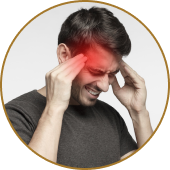
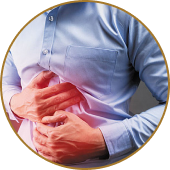

When to see a doctor
If you think you may have been infected with HIV or are at risk of contracting the virus, see a healthcare professional as soon as you can.Frequently Asks Question?
FAQ for PatientsLorem ipsum dolor sit amet, consectetur adipiscing elit, sed
do eiusmod tempor incididunt ut labore et dolore magna aliquo
Lorem ipsum dolor sit amet, consectetur adipiscing elit. Ut elit tellus, luctus nec ullamcorper mattis, pulvinar dapibus leo.
Lorem ipsum dolor sit amet, consectetur adipiscing elit. Ut elit tellus, luctus nec ullamcorper mattis, pulvinar dapibus leo.
Lorem ipsum dolor sit amet, consectetur adipiscing elit. Ut elit tellus, luctus nec ullamcorper mattis, pulvinar dapibus leo.

